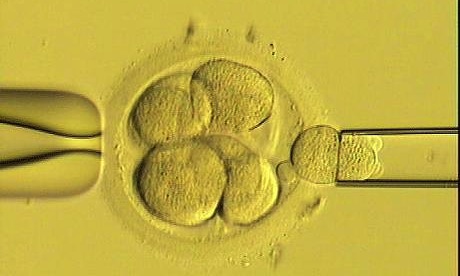The Advisory Committee on Assisted Reproductive Technology (Acart), has been seeking public opinion on its “Background Paper for stakeholder discussion on the Import and Export of Gametes and Embryos”. Submissions closed on 31 May.
The committee is the first of a two stage approach to talking with stakeholders about the issues. In this first stage they have presented arguments about six key issues where there is potential for a significant clash between New Zealand requirements and those elsewhere:
- altruistic donation v. commercial supply
- right to access identifying information about donors v. no right to access identifying information about donors
- family size requirements
- use of sex selection
- scope of informed consent
- use of gametes and embryos overseas in procedures or research prohibited or precluded in New Zealand.
Among the submissions are the minutes of a meeting held between Dr John Angus, the Chair of Acart, and John Kleinsman, the director of the Nathaniel Centre, the New Zealand Catholic Bioethics Centre.
ACART has been established under the Human Assisted Reproductive Technology (HART) Act 2004. As an independent advisory committee, ACART sits between the government and the people of New Zealand and formulates advice and guidelines for the regulation of assisted human reproduction. ACART is required to undertake extensive public consultation before issuing advice or finalising guidelines.
Source
- Acart
- Image: Blog.babycentre.com
Additional reading
News category: New Zealand.




